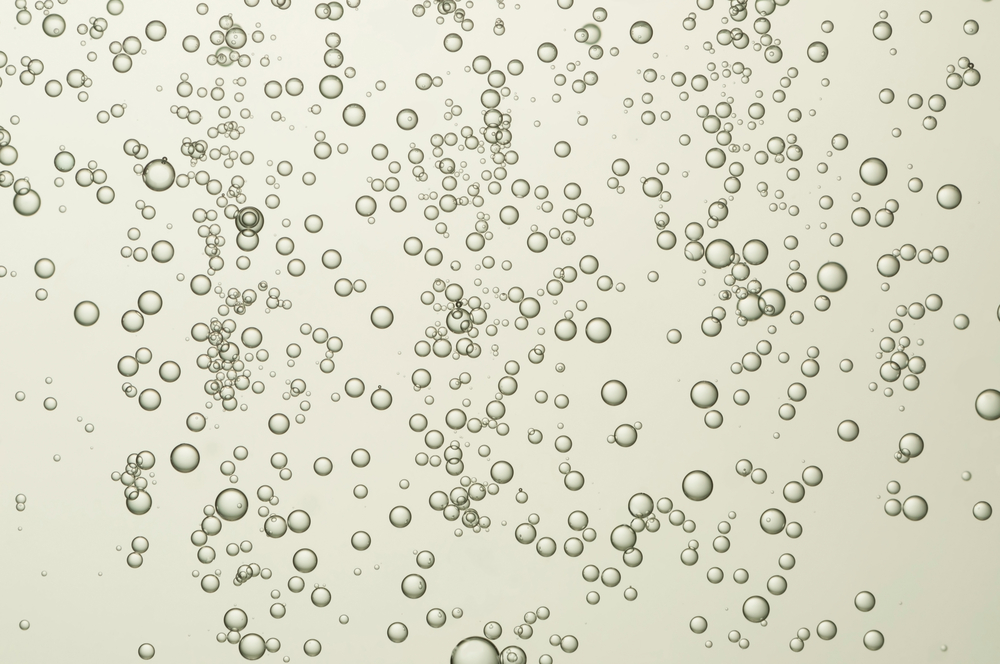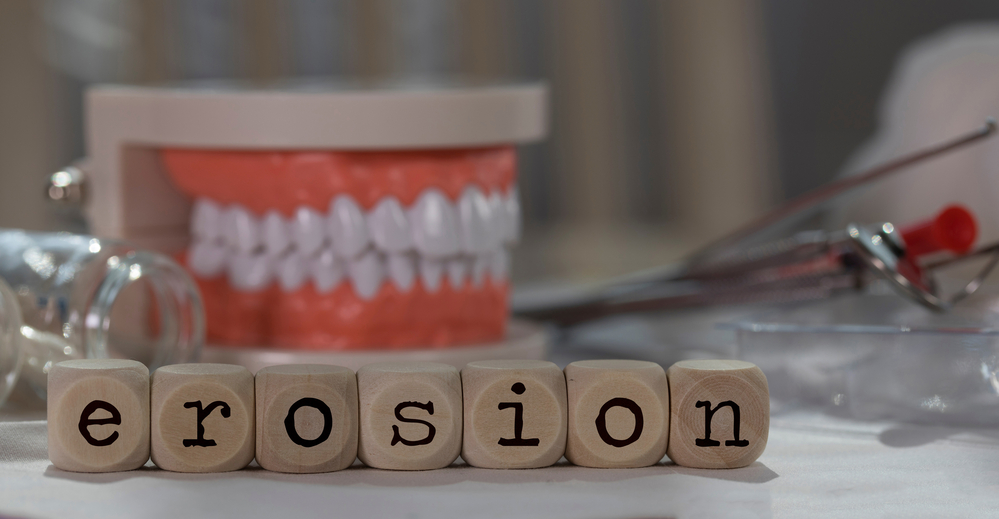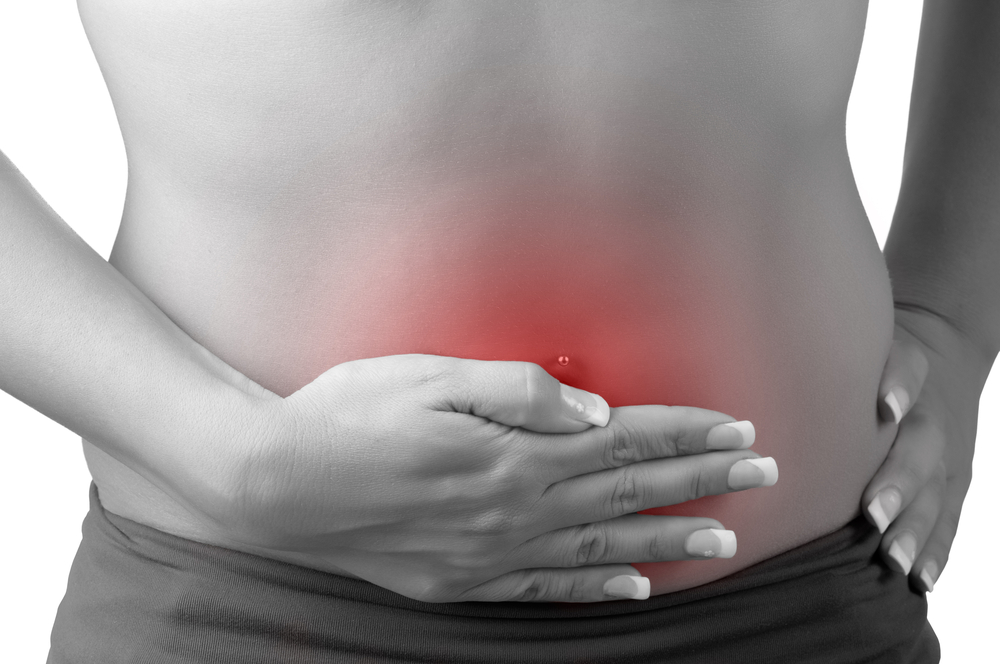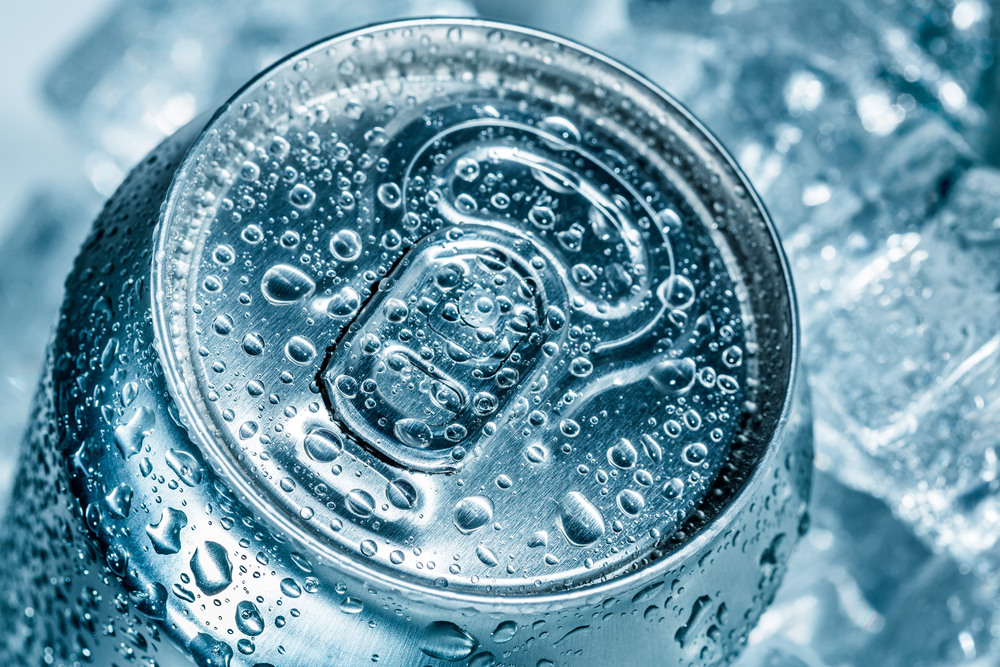Unveiling the Fizz: The Bittersweet truth about Flavored Sparkling Waters

In recent years, flavored sparkling waters have become all the rage, touted as a healthier alternative to sugary beverages. However, behind their effervescent charm lies a hidden truth that may leave you questioning their true impact on your health. Join us as we delve into the potential downsides of these seemingly innocent bubbles and uncover why flavored sparkling waters may not be as good for you as you once thought.
Acidic Nature: Bubbling Trouble For Your Pearly Whites
While sparkling water itself may be harmless, the added flavors can alter its acidity, causing potential harm to your dental health. The carbonation process generates carbonic acid, which over time, can erode tooth enamel. Flavored sparkling waters often contain citric acid or other acidic additives, exacerbating this issue. Discover why your favorite fizz might be bubbling trouble for your pearly whites.

Artificial Sweeteners and Additives: The Not-So-Sweet Side Effects
Artificial sweeteners are often employed in flavored sparkling waters to enhance taste without adding calories. However, these sugar substitutes have faced scrutiny due to potential negative effects on health. Uncover the bitter truth about artificial sweeteners and how they may disrupt your body’s natural response to sugar, leading to increased cravings and metabolic dysregulation. Additionally, dive into the world of additives and their potential impact on certain individuals, unmasking the hidden dangers lurking within those vibrant bubbles.
Deceptive Hydration: Is Your Thirst Truly Quenched?
Staying hydrated is essential for overall well-being, and flavored sparkling water seems like a refreshing choice. However, be cautious of its deceptive nature. The carbonation in these beverages can have a diuretic effect, increasing urine production and potentially counteracting the hydrating properties of the drink. Unveil the truth behind the mirage of hydration and discover if your thirst is truly being quenched.
Impact on Digestion: Bloating and Bursts of Discomfort
While flavored sparkling water might provide a pleasant fizz, it can also lead to gastrointestinal issues for some individuals. The carbonation can cause bloating, gas, and discomfort, particularly for those with sensitive digestive systems. Additionally, the artificial sweeteners present in some of these drinks may trigger symptoms in those with irritable bowel syndrome (IBS) or other digestive conditions. Uncover the truth about how your favorite effervescent beverage may be causing bursts of discomfort.

Psychological Impact: The Sweet Temptation Trap
One of the main attractions of flavored sparkling water is the satisfaction it provides without the guilt of consuming sugary beverages. However, studies have shown that artificially sweetened drinks can confuse the brain’s reward system, leading to increased cravings for sweet foods. Embark on a journey into the psychological impact of these drinks and unveil how they might be setting a sweet temptation trap that could sabotage your health goals.
What Should Be The End Result?
While flavored sparkling waters have gained popularity as a healthier alternative, it’s essential to be aware of their potential drawbacks. From tooth enamel erosion to artificial sweeteners and their effects on cravings, deceptive hydration, digestive discomfort, and psychological impacts, the truth behind those fizzy drinks may surprise you. As with any beverage, moderation is key. Opt for healthier alternatives to increase your water intake and prioritize overall well-being. Remember, knowledge is power when it comes to making informed choices about your health.
Here are a few suggestions to add to your repertoire for daily water intake:
- Infused Water: create your own flavored water by infusing fruits, vegetables or herbs. Add slices of citrus fruits like lemon, lime, or orange, along with refreshing ingredients like cucumber, mint leaves, or berries. This provides a natural infusion of flavors without any added sugars or artificial additives.
- Herbal Teas: These are a great way to increase your water intake while enjoying different flavors and potential health benefits. Opt for caffeine-free varieties like chamomile, peppermint, or hibiscus, which can be consumed hot or cold.
- Coconut Water: Coconut water is a natural and hydrating beverage that provides electrolytes and essential minerals. It can be a refreshing alternative to flavored sparkling water, offering a light and tropical taste without any artificial additives.
- Homemade Fruit Smoothies: Whip up a delicious and hydrating fruit smoothie using fresh fruits, a splash of water or coconut water, and perhaps some ice cubes. Smoothies can be a nutritious and hydrating snack, especially when made with whole fruits and no added sugars.
- Herbal Infusions: Expand your beverage options by exploring herbal infusions. Consider trying hibiscus tea, rooibos tea, or green tea, which offer different flavors and potential health benefits while contributing to your daily water intake.
- Fruits and Vegetables: Increase your water intake through the consumption of water-rich fruits and vegetables. Cucumber, watermelon, strawberries, oranges, and grapefruit are excellent choices, as they provide hydration along with essential vitamins and minerals.
- Keep a Water Bottle Handy: Carry a reusable water bottle with you throughout the day. Having it within reach will serve as a reminder to sip water regularly and make it easily accessible to quench your thirst. (Check out another DETS Blog post about water intake)
- Set Reminders: If you tend to forget to drink water, set reminders on your phone or use hydration tracking apps that notify you to take regular sips throughout the day. These reminders can help you establish a healthy hydration routine.
Here is another article about carbonated sparkling waters that inspired me to write this blog.



